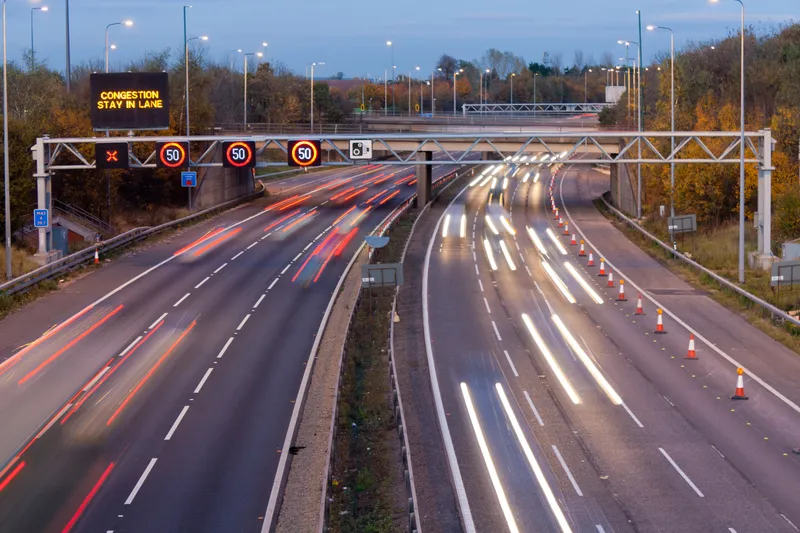According to the Transport Research Laboratory, TRL, the UK will continue to play a key role in shaping future European transport policy following its award of the latest European Commission (EC) Automotive Safety Framework.
The agreement, which follows on from TRL’s involvement in a previous eight-year framework, will see experts from TRL help EC policymakers prevent future road collisions and casualties through improved automotive safety. Areas of focus include connected and autonomous vehicles, crash
January 20, 2017
Read time: 1 min
According to the Transport Research Laboratory, 491 TRL, the UK will continue to play a key role in shaping future European transport policy following its award of the latest European Commission (EC) Automotive Safety Framework.
The agreement, which follows on from TRL’s involvement in a previous eight-year framework, will see experts from TRL help EC policymakers prevent future road collisions and casualties through improved automotive safety. Areas of focus include connected and autonomous vehicles, crash avoidance, active and passive safety, in addition to the harmonisation of global vehicle standards.
Under the framework, TRL will be working with key and strategic sub-contractors in mainland Europe, further extending the skills and capabilities required to deliver the European projects assigned during the term of the framework contract.
TRL’s appointment to the EC Automotive Safety Framework came into force in September 2016 and will last for four years.
The agreement, which follows on from TRL’s involvement in a previous eight-year framework, will see experts from TRL help EC policymakers prevent future road collisions and casualties through improved automotive safety. Areas of focus include connected and autonomous vehicles, crash avoidance, active and passive safety, in addition to the harmonisation of global vehicle standards.
Under the framework, TRL will be working with key and strategic sub-contractors in mainland Europe, further extending the skills and capabilities required to deliver the European projects assigned during the term of the framework contract.
TRL’s appointment to the EC Automotive Safety Framework came into force in September 2016 and will last for four years.









